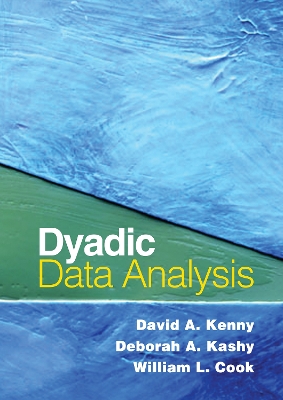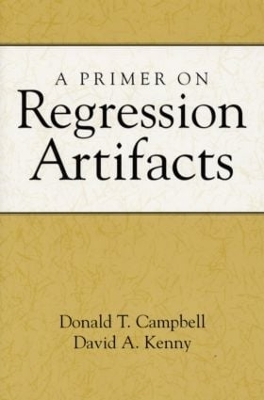Methodology in the Social Sciences
2 total works
Interpersonal phenomena such as attachment, conflict, person perception, helping, and influence have traditionally been studied by examining individuals in isolation, which falls short of capturing their truly interpersonal nature. This book offers state-of-the-art solutions to this age-old problem by presenting methodological and data-analytic approaches useful in investigating processes that take place among dyads: couples, coworkers, or parent-child, teacher-student, or doctor-patient pairs, to name just a few. Rich examples from psychology and across the behavioral and social sciences help build the researcher's ability to conceptualize relationship processes; model and test for actor effects, partner effects, and relationship effects; and model the statistical interdependence that can exist between partners. The companion website provides clarifications, elaborations, corrections, and data and files for each chapter.
A Primer on Regression Artifacts
by Donald T. Campbell and David A. Kenny
Regression toward the mean is a complex statistical principle that plays a crucial role in any research involving the measurement of change. This primer is designed to help researchers more fully understand this phenomenon and avoid common errors in interpretation. The book presents new methods of graphing regression toward the mean, facilitating comprehension with a wealth of figures and diagrams. Special attention is given to applications related to program or treatment evaluation. Numerous concrete examples illustrate the ways researchers all too often attribute effects to an intervention or other causal variable without considering regression artifacts as an alternative explanation for change. Also discussed are instances when problems are actually created, instead of solved, by correction for regression toward the mean. Throughout, the authors strive to use nontechnical language and to keep simulations and formulas as accessible as possible.

